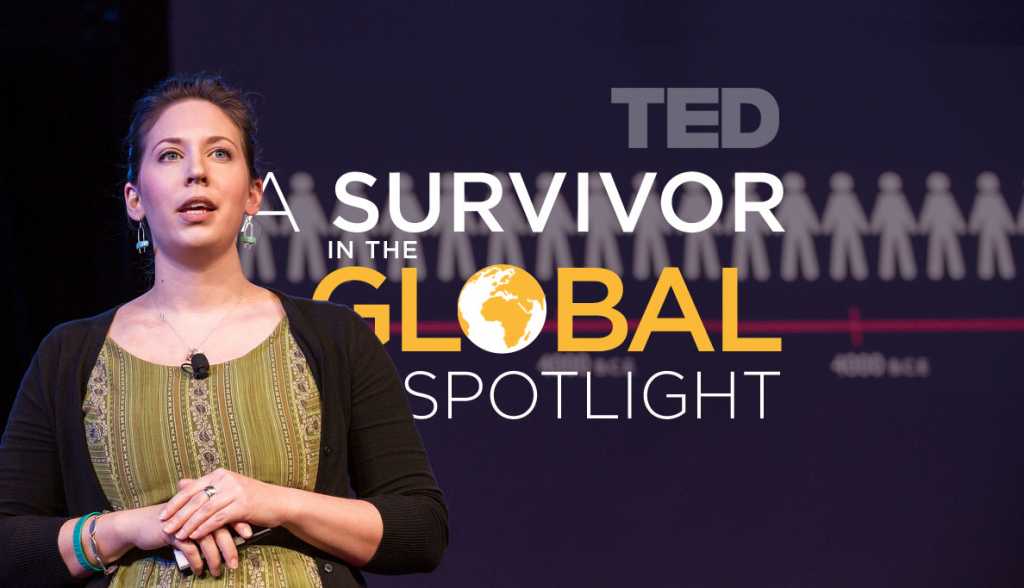Page 130 • (1,395 results in 0.029 seconds)
-
MATH 105 : Mathematics of Personal Finance - QR Emphasizes financial transactions important to individuals and families: annuities, loans, insurance, interest, investment, time value of money. Prerequisite: Eligibility based on PLU Math Placement Exam, or permission of instructor. (4) MATH 107 : Mathematical Explorations - QR Mathematics and modern society. Emphasis on numerical and logical reasoning. Designed to increase awareness of applications of mathematics, to enhance enjoyment of and
-

alumna Leslye Walton has been nominated for the prestigious William C. Morris YA Debut Award for her novel The Strange and Beautiful Sorrows of Ava Lavender . First awarded in 2009, the accolade “honors a debut book published by a first-time author writing for teens and celebrates impressive new voices in young adult literature.” Walton, who graduated from PLU in 2004 with a B.A. in Education, says the nomination means the world to her. “I think one of the things I’ve ever wanted in life was to
-

project is the subject of a new episode of the History Channel show Modern Marvels, called “Panama Canal Supersized,” which aired in April. The canal project will be “one of the engineering wonders of the world,” just like the original canal, Krause said. “It’s the largest civil-engineering project in the world today and will double the shipping traffic over the current level when complete.” Krause said the project also: includes the largest gates ever designed and constructed (each weighing 8,000,000
-
for her for many reasons: there is a course offered on Ancient Greek which is important to studying the New Testament, Greece has such a rich religious history, CYA has a balance of structure and independence, and it fit perfectly with her major and minor. While in Athens, Erika was able to take classes in Modern Greek (which she was able to practice by going to cafés and talking to locals) and Ancient Greek, a monotheistic religion course, a religion class on Orthodox Christianity, a philosophy
-
their constructions and the cultural, social, philosophical, and/or historical contexts from which they stem. Examining Self and Society (ES) (4): Students will explore methods and models for understanding human behavior within a variety of cultural, social, or structural contexts, both contemporary and historical. Exploring Values and Worldviews (VW) (4): Students will learn how beliefs and values inform action and shape how individuals and groups interpret reality and human experience
-
vice president for finance and administration, 253.535.7121. Higher Education Opportunity Act of 2008 (Section 488) www.plu.edu/helpdesk/policies/all-computer-network-use/ Inclusive Language PLU supports the efforts of faculty, students, staff, and administrators to employ and augment the inclusive language guidelines of their professions or disciplines, and to reflect upon the cultural conditions which have made such guidelines integral to contemporary language use. General ELCA guidelines suggest
-
— That Obscure Subject of Resilience: Meditations on Global Health (Scandinavian Cultural Center) Dr. Adia Benton, Assistant Professor, Department of Anthropology, Program of African Studies (PAS), Northwestern University 12:30-1:40pm — Critiques of the Apocalypse: End Times and Resilience in Contemporary Mexico (Regency Room) Juan Villoro, Prize-winning Mexican Author and Political Commentator 1:50-3:05pm — Resilience, Adaptation, and Shifting of Paradigms in Mexico City’s Water Management
-
analytical processes that effect change in the conditions and determinants of health. The work and praxis of nursing are manifest through multiple complex and evolving roles. Nursing strives to respond to the contemporary context of health and illness, and advance shared goals of compassionate, safe, and effective care. Health encompasses the unique and dynamic unfolding of human patterning in multiple domains. Health and illness occur simultaneously and in dynamic interaction with one another
-
, Buffalo State University St. Augustin’s Higher Time, Max Weber’s Disenchantment and Confucius on Ritual Ceremony: The Significance of Confucianism, Fred Yonggang Huang, Brooklyn College – City University of New York Studies in Iconology of Taoism from a Global Perspective, Juntao Li, Sichuan Normal University (Online) Sustainable Development: Confucianism is the Solution to the Modern Environmental Crises, Daliang Wang and Savannah Graver, High Point University 浅析传统太极技击与养生的力学原理, Ningsheng Huang
-

talk about how nobody’s doing this work, and it should be done,” Hunt said. “We have the potential to contribute to modern cancer research, but we need collaboration—between historians, researchers; we need more people to take on this research and share information and collaborate. The faster we can gather evidence, the sooner we can exchange ideas.” She understands that collaboration is not so popular in academia—though it is a very PLU concept, in the classroom and out. We have the potential to
Do you have any feedback for us? If so, feel free to use our Feedback Form.


